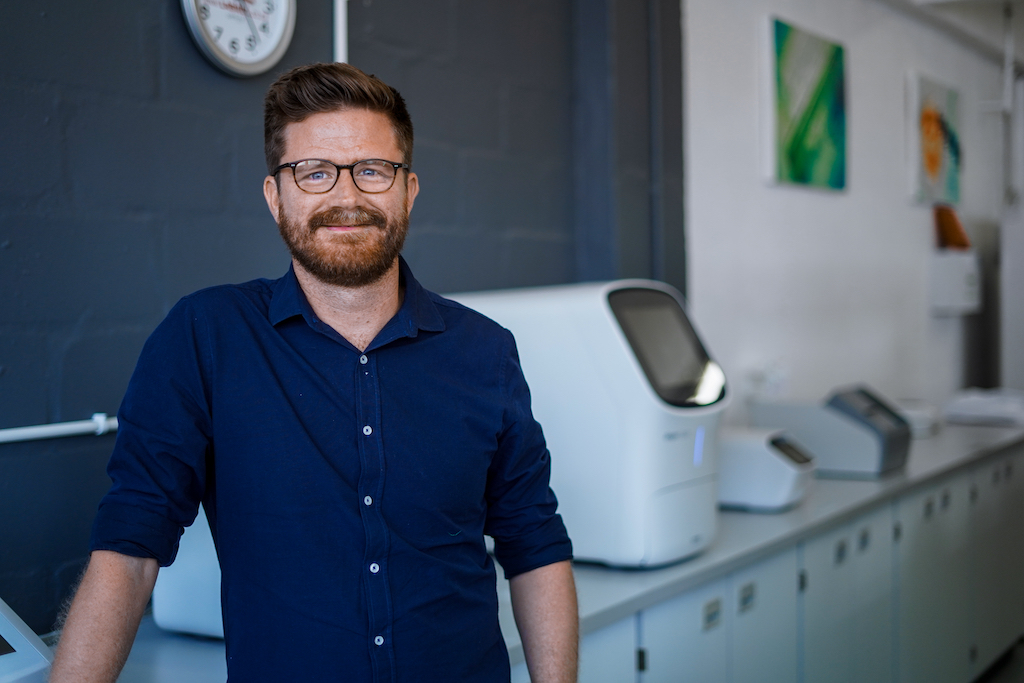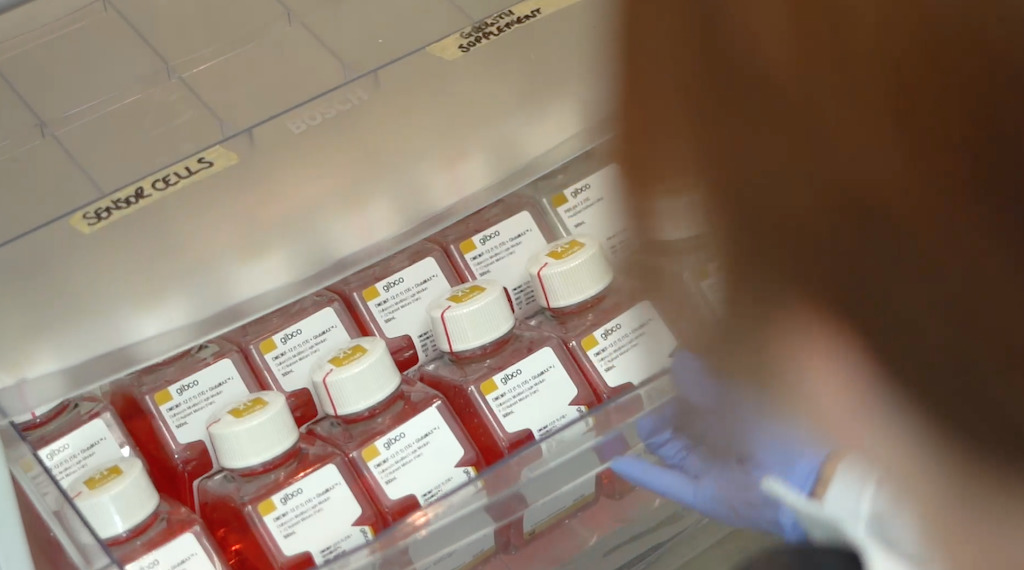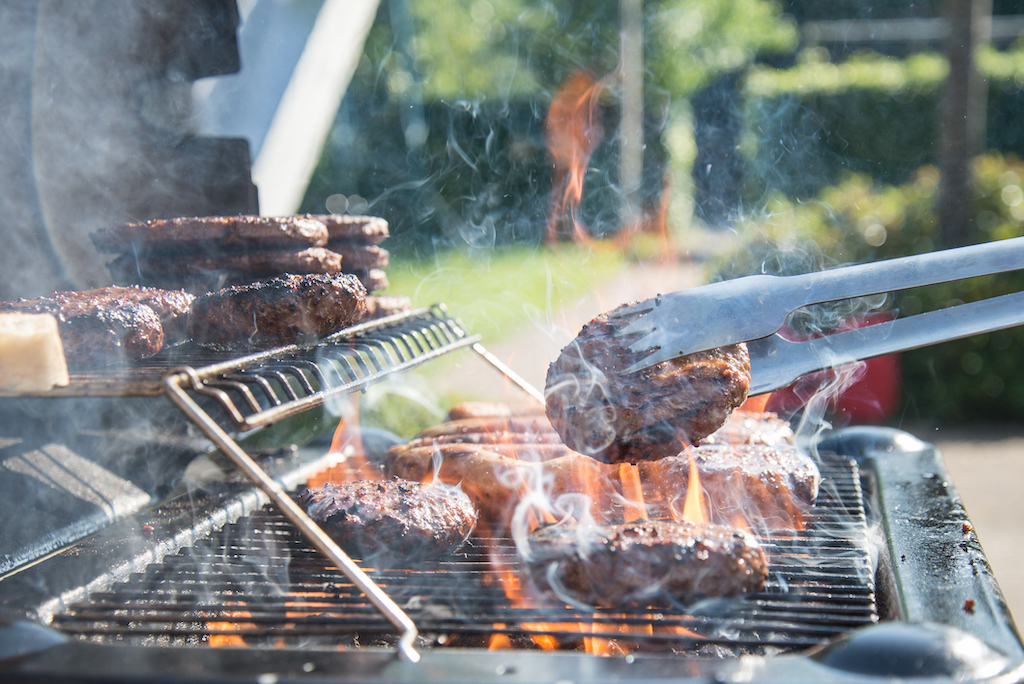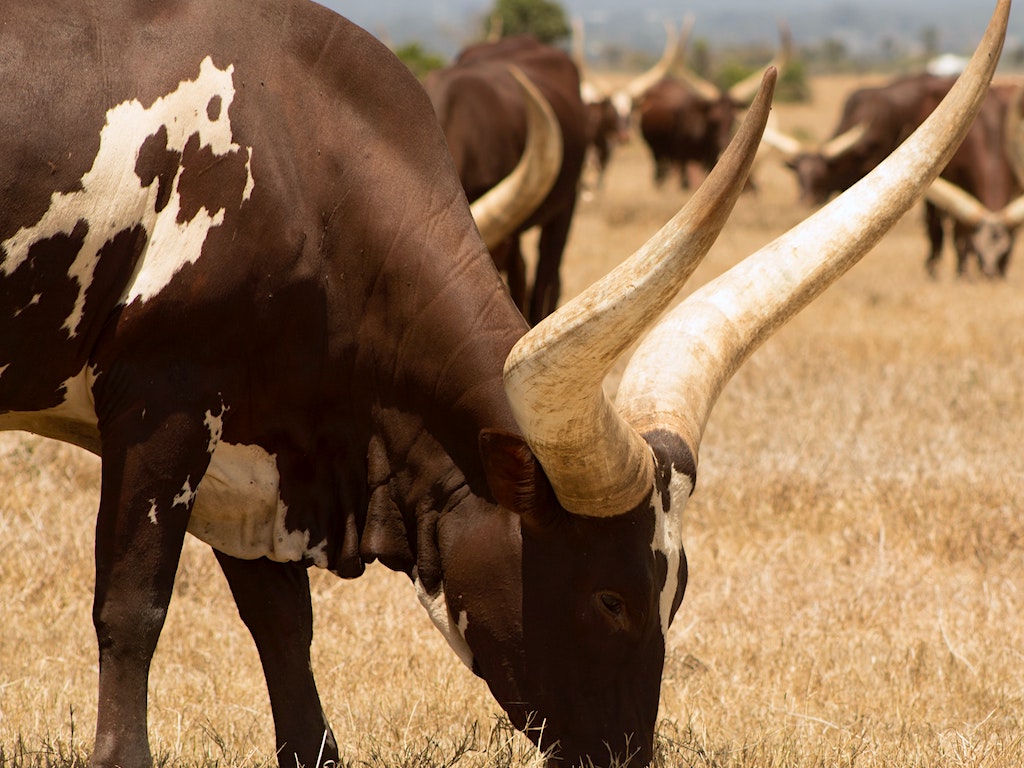3 Mins Read
South Africa’s first cell-based meat company has a bold question for president Cyril Ramaphosa. They’re asking to borrow cells from his prize-winning Ankole cattle so they can grow the most sought-after cut of beef—without slaughter.
Founders of Mzansi Meat Co. Brett Thompson and Jay Van Der Walt say they’re “doing things a little differently”. That’s no understatement. The startup—the first cell-based meat company in Africa—is asking South Africa’s president if they could borrow a sample of cells. Rhamphosa is the president, but he’s also the country’s largest cattle breeder.
In fact, his prized breed of Ankole cattle just sold for R2.7 million last week.
Mzansi is asking to borrow cells from his Ankole, which will be taken through a biopsy, ahead of the country’s National Heritage Day. Taking place on September 24, most South Africans celebrate by hosting a big party with loads of meat on the table. That’s why the festival is often called Braai Day, “braai” being the term for barbecue.

The best way to get our nation onboard with cellular agriculture is to get the highest approval in the land.
Mzansi Meat Co.
‘Let’s work with farmers’
The reason why Mzansi is launching its “Project Phosa” campaign is that they want to show the public that they are “here to work with farmers”. Subsistence farming makes up a big chunk of South Africa’s local informal meat industry. The company wants to partner with them to produce meat sustainably and ethically.
“We’ve been aware of some negative perceptions around cellular agriculture,” explained the company. “As a startup, our team figured the best way to get our nation onboard with cellular agriculture is to get the highest approval in the land.”
“We’re asking our president for a sample of cells from his prize-winning Ankole cattle – the most famous and sought-after breed in all the land.”

According to Mzansi, the procedure will not harm the animal and performed by a state vet. The Ankole cow will be under proper anaesthesia and then be able to “go about their day in peace shortly after”.
Collaborative cell-based meat revolution
Ultimately, the startup plans to be able to “reimagine butcher blocks as we know them” in the African continent. Beyond being cruelty-free, producing meat directly from cells means eliminating the carbon-intensive livestock raising process out of the equation.
Hopefully, if Ramaphosa does decide to help Mzansi out, more farmers will be willing to offer their cell samples. “The end result is real meat created with a team of subsistence farmers who are able to join the formal economy,” stated the firm.

The end result is real meat created with a team of subsistence farmers who are able to join the formal economy.
Mzansi Meat Co.
As for the type of meats Mzansi has set its sights on, minced beef, burgers, and nuggets will likely be the first in line.
When the firm launched last year, the founders explained they’ll work on “meat that can be used in traditional food” afterwards. Burgers and nuggets feature heavily in Western cuisine, but not as much in African dishes.
“We’re working to bring tasty, healthy meat to your braais, potjie and shisanyama,” said Mzansi at the time. “By growing it from cells instead of taking it from animals.”
Lead image courtesy of Unsplash.




